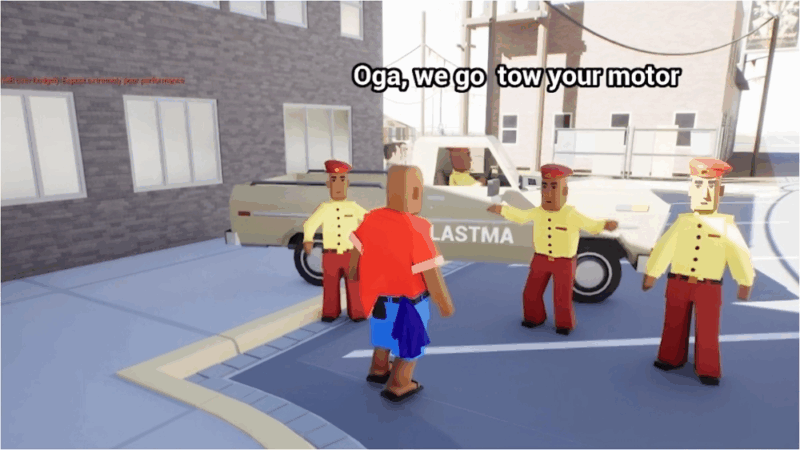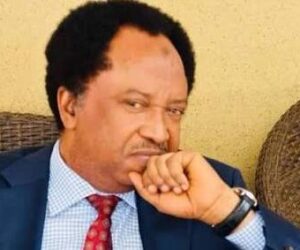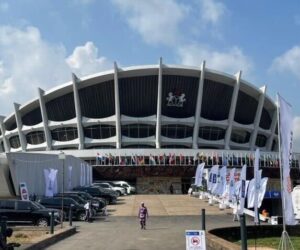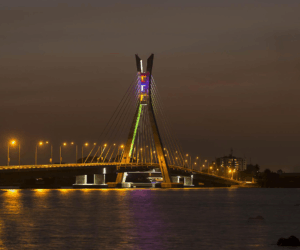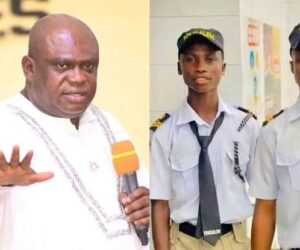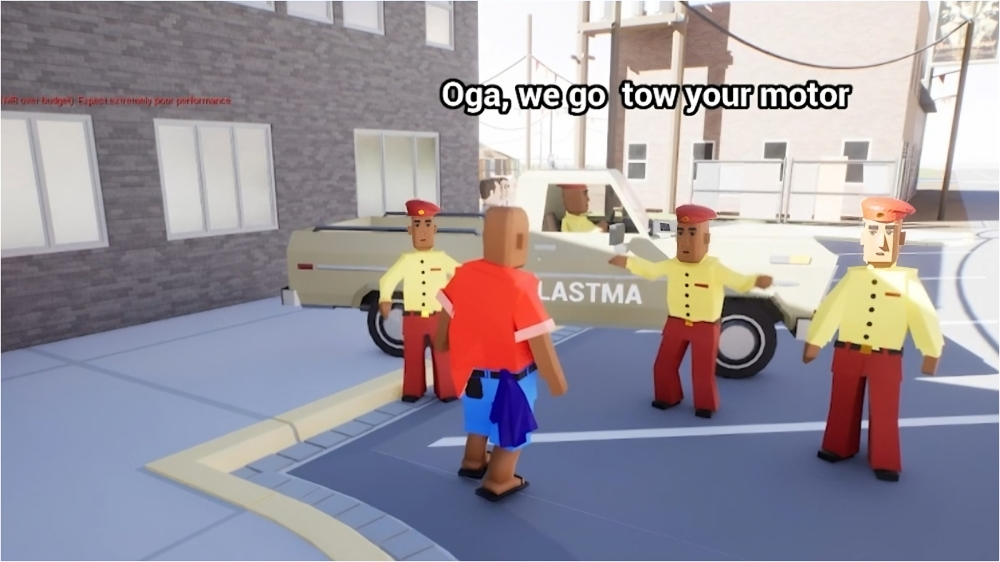
In Lagos, chaos is more or less a lifestyle. The yellow danfo buses zigzag through narrow lanes, passengers shout for change, and conductors hang from half-open doors calling out routes “Ojuelegba! Yaba! Ikeja!” It is a scene of beautiful disorder, one that every Lagosian knows by heart. And now, one Nigerian developer is turning that everyday spectacle into a game.
Ayokanmi David, a creative game developer, is working on How to Be a Conductor in Lagos. This playful simulation captures the humour, hustle, and human energy of Nigeria’s busiest city. His idea has not only sparked reactions online but also initiated a broader conversation about how young Nigerians are transforming their local realities into digital art and driving global innovation.
For Ayokanmi, this project represents more than a playful experiment. It is a cultural mirror, an act of storytelling coded in humour, sound, and motion. And a glimpse into how Nigerian youth are transforming everyday realities into globally relevant tech expressions.
Faith, Curiosity, and the Lagos Hustle
When asked what inspired him to create a game about Lagos conductors, Ayokanmi’s answer is unexpected and deeply personal. “For me, most of my inspiration comes from my quiet time with God,” he says.
HOW TO BE A CONDUCTOR IN LAGOS- The Game
Made this game with Unreal Engine, Maya and a bit of Blender 😁.
Currently looking for freelance and full-time employment opportunities in Game Development and 3D Animation. Feel free to send a DM or refer me to someone. Thank you🤜🤛 pic.twitter.com/VpvhO3y9VD— AyoDavid (@AyotheEngine) October 16, 2025
“I spend a lot of time in my prayer room brainstorming and discussing ideas with Him, and this game is one of those outcomes.”
It is a surprising origin story for a project that feels loud and urban, but it speaks to how personal faith and creative curiosity intertwine in his process. “I had a desire to create something different yet relatable,” he adds.
“Having commuted in danfo buses in Lagos many times, I’ve always found the experience thrilling and quite peculiar. It’s almost as if all the conductors and danfo drivers went to the same school; they’re pretty cool guys.”
Ayokanmi’s approach reflects a growing creative shift among Nigerian youth. He’s part of a generation that refuses to wait for permission. A generation that is self-taught, independent, and determined to tell their own stories. The global gaming industry rarely reflects African life, but young developers like him are flipping that narrative by coding their environment, culture, accent, and humour into interactive art.
The Game — Lagos, but Playable
At first glance, How to Be a Conductor in Lagos sounds like a joke, until you see how much cultural texture it captures. Players must call out routes, collect fares, manage stubborn passengers, dodge LASTMA officials, and survive the endless Lagos traffic. Every wrong move, like missing a stop, giving the wrong change, or annoying the driver, has consequences.
The game is not just about chaos but also about rhythm and resilience. In making Lagos “playable,” Ayokanmi captures something essential about the city itself. The quick wit, adaptability, and humour that make survival possible.
“It’s been quite interesting,” he says of the development process. “A steep learning curve and an eye-opening experience in both Nigeria’s road and danfo culture, as well as game development as a whole. I’ve received a lot of love and encouragement from Nigerians during the development phase.”
But it hasn’t been easy. “I started this game as a one-man project, which was quite challenging because game development involves many processes,” he explains. “However, I’ve begun taking steps to bring more people on board to help with development.”
What surprises him most isn’t the work, but the reaction. “I’ve been amazed by how widely people can relate to the danfo and conductor experience. Many Nigerians have shared their personal stories and even given suggestions on how to make the game more fun and authentic.”
Gaming and the Nigerian Creative Scene
Projects like Ayokanmi’s are part of a quiet but growing movement. Nigeria’s creative tech industry, which has once been dominated by music, film, and fashion, is now expanding into interactive storytelling. From animation studios to indie developers, young Nigerians are finding new ways to capture their world through digital art.
According to a 2024 report, Africa’s gaming market reached $1.8 billion, growing at around 12.4% year-on-year, which is nearly six times the global growth rate. In that data set, Nigeria emerged as one of the key markets, contributing roughly $300 million of the total revenue.
This underlines the country’s growing significance in the continent’s gaming ecosystem and the untapped potential within its youthful developer community.
Games like Aki and Pawpaw, Rise & Hustle, and Idansquest have shown that local stories can translate into engaging digital formats. What makes How to Be a Conductor in Lagos stand out is how it captures humour and street life, which is the pulse of Nigeria’s biggest city, with authenticity.
Yet, behind the creativity lies a tough reality. Many indie developers work without institutional support, limited by unstable power, expensive internet, and scarce access to advanced software. Most teach themselves through online tutorials and trial and error, often funding their projects from personal savings.
This resilience defines Nigeria’s creative economy. Despite limited support, the country has produced global successes in music and film and now, gaming may be the next frontier. But for that to happen, the system needs to recognise it as more than just “play.”
The Role of Government and Industry Support
The creative industry already contributes significantly to Nigeria’s GDP and global image, but game development remains under the radar. Government initiatives like the Creative Industry Financing Initiative by the Central Bank of Nigeria (CBN) and tech hubs such as Co-Creation Hub (CcHub) and Vibranium Valley have made progress, yet many innovators remain excluded due to a lack of awareness or access.
Ayokanmi hopes this changes soon. “From the encouragement I’ve received from Nigerians, even just from the demo, I can say that the Nigerian audience truly supports its own,” he says.
“Not to sound entitled, but I’ve received a few investment offers, which are still under discussion. I sincerely hope we get to a point where support for creators in Nigeria goes beyond words of encouragement and extends to real resources that can help bring these ideas to fruition.”
If the government and private sector nurture this space, it could become a major source of employment and cultural export and, more importantly, a new way to tell the Nigerian story to the world.

